The ban will outlaw the supply and selling online and over the counter of single-use plastic plates, bowls, trays, containers, cutlery and balloon sticks. Nor can the items be offered to the public, such as in a restaurant.
Defra explained that the ban on these items will include:
- online and over-the-counter sales and supply
- items from new and existing stock
- all types of single-use plastic, including biodegradable, compostable and recycled
- items wholly or partly made from plastic, including coating or lining
‘Single use’ is defined by the department as meaning the item is meant to be used only once for its original purpose.
Businesses are advised that they can prepare for the new rules by:
- using up existing stock before 1 October
- finding re-usable alternatives to single-use items
- using different materials for single-use items
Supplying banned single-use plastics after 1 October means a business could be fined although there are some exemptions as listed below. Similar legislation will come into force in Wales under The Environmental Protection (Single-use Plastic Products) (Wales) Bill. Wales is also to ban single use plastic carrier bags in 2024.
Unlike with the Deposit Return Scheme – so far at least – Scotland achieved an agreement under the Internal Market Act to introduce its ban on single-use plastics from June 2022 although this was subject to UK parliamentary procedures and some modifications.
Exemptions in England
Plates, bowls and trays
Exemptions (from Defra)
You can still supply single-use plastic plates, bowls and trays if either of the following apply:
· you are supplying them to another business
· the items are packaging (pre-filled or filled at the point of sale)
Examples of this type of packaging include:
· a pre-filled salad bowl or ready meal packaged in a tray
· a plate filled at the counter of a takeaway
· a tray used to deliver food
Cutlery and balloon sticks
From 1 October you must not supply single-use plastic cutlery or balloon sticks.
There are no exemptions to this ban.
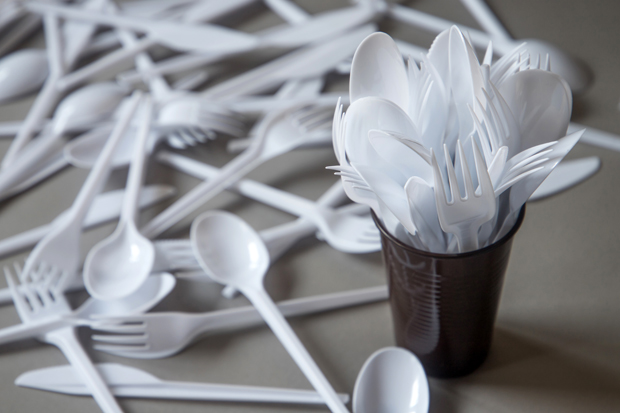
Polystyrene food and drink containers
From 1 October you must not supply ready-to-consume food and drink in polystyrene containers. This includes in polystyrene cups.
Polystyrene means expanded and extruded polystyrene.
Exemptions
You can still supply food or drink in polystyrene containers if it needs further preparation before it is consumed. For example, further preparation could mean: adding water; microwaving; toasting.
Regulation
Local authorities will carry out inspections to make sure the rules are being followed. Trading standard inspectors will be able to: visit a shop or store; make test purchases; speak to staff; ask to see records.
If the law is broken, said Defra, inspectors can order a business to cover the cost of the investigation.
Complaints about a business breaking the law can be made to Trading Standards.
More information:
Contact: Plastics.Consultation@defra.gov.uk
Technical information for manufacturers: expanded and extruded polystyrene (from Defra)
Polystyrene is a polymer made from styrene monomers. Only polystyrene that has been through a foaming process is in the scope of this ban. Foaming is a method of expansion of the material at any point during its manufacture, by any means (such as heat from steam, expansion during cooling), using any blowing agent (such as butane, pentane, propane).
Products made from polystyrene that has been expanded prior to fusion are expanded polystyrene (EPS) products.
Products made from polystyrene that has first been extruded, then expanded, are extruded polystyrene (XPS) products.
The following examples outline 2 manufacturing methods for EPS and XPS products. Other manufacturing processes for polystyrene products are also covered in the ban.
Expansion (foaming) prior to fusion (EPS)
1. Expandable polystyrene beads.
2. Beads impregnated with blowing agent.
3. Beads heated in a steam chamber to allow for bead expansion (foaming).
4. Expanded beads pumped into product mould.
5. Mould is heated to fuse beads.
6. Item released from mould.
Extrusion prior to expansion (foaming) (XPS)
1. Polystyrene nurdles.
2. Granules passed through an extruder to melt and for the addition of a blowing agent.
3. Polystyrene passed out of an extruder, the reduced pressure and cooling allows for expansion (foaming).
4. Polystyrene sheet formed into product shape.
5. Polystyrene item cut from sheet.




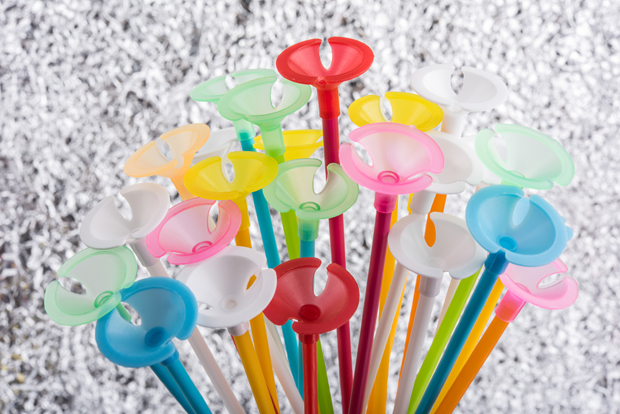
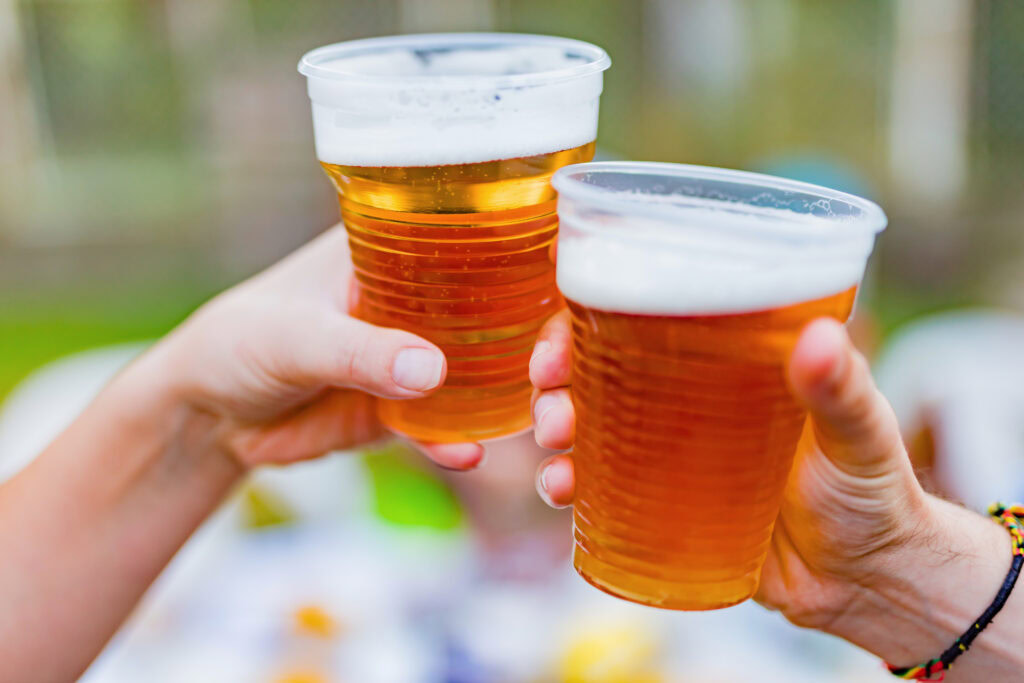
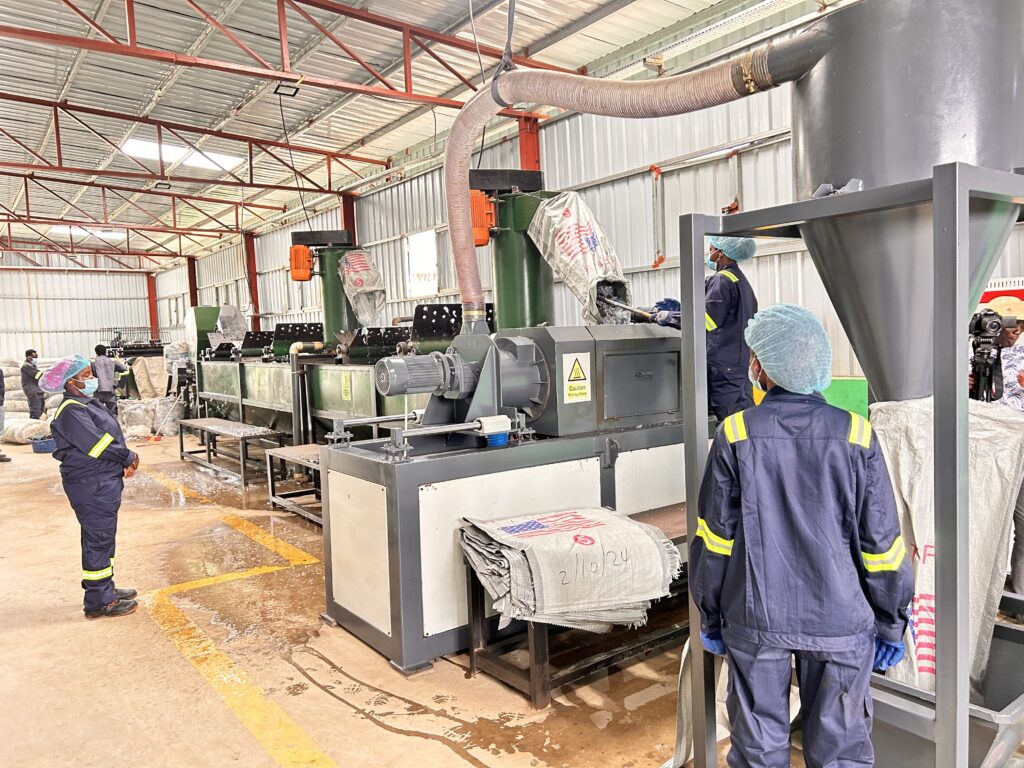
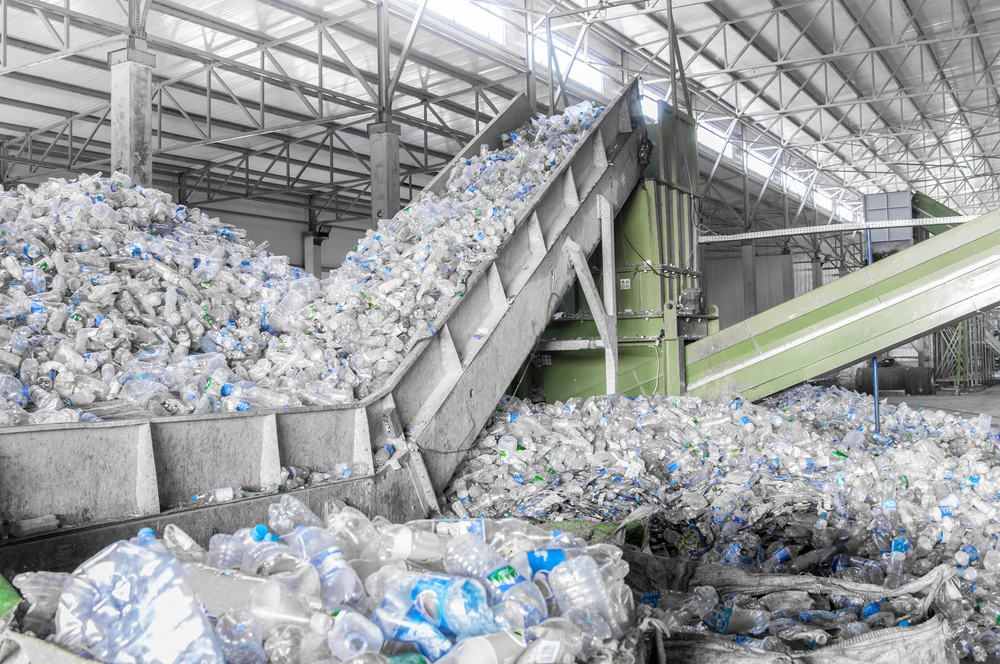


Subscribe for free